I have the following query which takes about 10 minutes. I need this to be much quicker.
Any ideas what can be done to tune this query? The r_pos_transaction_head table has a little under 500,000 records, and the r_pos_transaction_detl has a little under 900,000 records.
I have created indexes where I thought appropriate (you can see these in use in the plan).
truncate table t_retail_history
insert into t_retail_history
select
h.source_db as legacy_source_db,
h.company as legacy_company,
h.store_code as legacy_store_code,
h.register as legacy_register,
cast(h.register as char(1)) + '/' + cast(h.transaction_no as varchar(10)) as legacy_transaction_no,
t_warehouse.store_number as store_number,
h.transaction_no as reference,
convert(varchar(10),dbo.datefromdays(h.date),103) as transaction_date,
convert(varchar(5),dateadd(second,h.time,cast(cast(getdate() as date) as datetime)), 108) as transaction_time,
d.product_code as legacy_product_code,
coalesce(d.colour_no,0) as legacy_colour_no,
coalesce(g_colour_name_replacement.new_colour_name,s.colour_name,'') as legacy_colour_name,
coalesce(d.size_no,0) as legacy_size_no,
coalesce(s.size_code,'') as legacy_size_code,
d.price_inc_tax as legacy_price_inc_tax,
d.sku_no as legacy_sku_no,
null as barcode,
d.quantity as qty,
d.nett_total as sales_total,
null as person_code,
t_warehouse.destination_busdiv_prefix
from
svi.r_pos_transaction_head h
inner join
svi.r_pos_transaction_detl d on
d.company = h.company
and d.store_code = h.store_code
and d.register = h.register
and d.tx_code = h.transaction_no
inner join
svi.g_skus s on
s.company = h.company
and s.product_code = d.product_code
and (
s.colour_position = d.colour_no
or s.colour_position is null and d.colour_no = 0
)
and (
s.size_position = d.size_no
or s.size_position is null and d.size_no = 0
)
left outer join
g_colour_name_replacement on
g_colour_name_replacement.product_code = d.product_code
and g_colour_name_replacement.old_colour_name = s.colour_name
left outer join
t_warehouse on
t_warehouse.legacy_svi_code = right('000' + cast(h.store_code as nvarchar(5)),3)
where
d.quantity <> 0
and d.nett_total <> 0

Any help appreciated!